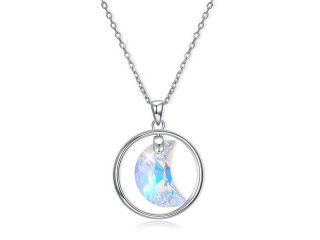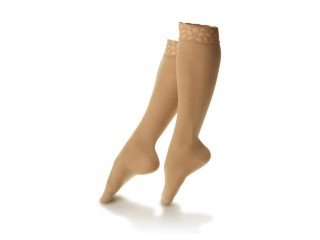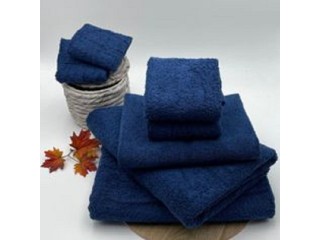Keluesolutions
3 years ago Fashion San Antonio 674 views Reference: 37760Location: San Antonio
Price: Contact us
Shotcrete is concrete (or sometimes mortar) conveyed through a hose and pneumatically projected at high velocity onto a surface, as a construction technique. It is reinforced by conventional steel rods, steel mesh, and/or fibers. Shotcrete equipment allows for the projection of a concrete mixture at high pressure. Shotcrete equipment includes a mixer, an additive pump, compressor, sprayer arm and control system, and is usually found on a motorized chassis. This equipment is used in trenchless installation.
The process of shotcrete has been known for almost a hundred years, and the field and scope of its use are continuously increasing in the world. The process was first applied in 1907 by Carl Akeley in the restoration of the facade of the Field Columbian Museum in Chicago. In Russia, the first shotcrete machine was delivered in 1916 for testing at the Military Engineering Office.
The high pressure supplied by the compressor and additive pump, which accelerates the hardening process, makes the use of shotcrete highly versatile. It can be successfully sprayed vertically and upside down. The spraying arm is used to direct the flow of the shotcrete and is operated by remote control. Most equipment is designed to work with one of two kinds of concrete, wet or dry. There are some options on the market that are rated for both applications. The control system monitors the additive amount, compressor operation and collects data for later processing.
The difference between shotcrete and plastering, which is also often produced by a mechanical method this is a high degree of compaction due to the use of special equipment and the compressed air pressure of at least 4 at and a volume of at least 3 m3/min. Also, it is necessary to distinguish shotcrete (maximum filler diameter up is to 10 mm) and jetcrete or shotcreting (more than 10 mm graded).
Mechanized wet-mix spraying is the most efficient method for projects with high shotcrete production. It is primarily applied for underground works in order to increase operator safety. The concrete is introduced into the hopper of the concrete pump and transported through the concrete line to the spraying nozzle, where it is mixed with compressed air and accelerator to be sprayed on the substrate.
And concrete pump has the feature of low pulsations for a constant concrete flow. The concrete pump is in charge of conducting the concrete mixture up to the nozzle of the spraying arm. Wet-mix shotcrete is usually pumped with double piston pumps.
The pump design is aimed at minimizing the pulsations and thus the discontinuity of the concrete flow, in order to guarantee a homogeneous application of the sprayed concrete. In this way, the required quality and layer thickness is achieved, and rebound (concrete that does not stay on the wall) is reduced.
Except the pump, there are some Shotcrete Machine commonly needed in the production like Concrete Spray Machine, Beam Bending Machine, Rust Removal Machine, Ditch Forming Machine, Curbing Machine, Canal Making Machine, Ditch Paving Machine and Concrete milling machine.
For shotcrete, there are several necessary conditions such as special shotcrete equipment, which in one way or another provides the movement of the shotcrete mix in the spray nozzle, a source of compressed air to accelerate the shotcrete mix and give it with the necessary speed for subsequent application to the surface and compaction, source of mixing water (for dry shotcrete) and trained specialist-gunman (nozzleman) or the operator of the shotcrete mix application on the surface. The shotcrete mix of a special recipe that takes into account the requirements for the properties of the shotcrete and the features of the shotcrete equipment operation.
Shotcrete is used when:
repair works: repairing concrete, reinforcement of reinforced concrete structures, elimination of construction defects, restoration of protective coating
mining industry: ground reinforcement, for example, shaft walling
soil stabilization in overland development: construction pits, slopes, hillslopes, coastlines
construction: in the construction of hydraulic structures and tanks, swimming pools, shells, thin-walled structures (for example, domed structures, structures of 3D panels)
tunneling: arrangement of lining of tunnel crowns and collectors
waterproofing and sealing
processing industry: application of refractory shotcrete mixes and linings in metallurgy, cement, glass, and chemical industries
creation of objects of artistic purpose: artificial rocks, objects of nonlinear forms




